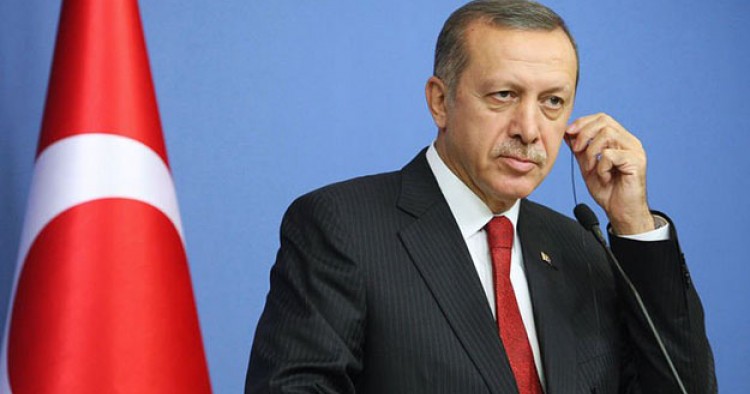This article originally appeared on CNN.com.
The latest round of peace talks with the Kurdistan Workers' Party (PKK) remains the Turkish government's best bet not just to solve the country's 29-year old "Kurdish problem" but also to feed its energy-hungry population and wean it off costly and politically risky Russian and Iranian energy imports.
To cope with a fast-growing economy and an increasing demand for energy, Turkey must ensure an adequate energy supply. So far, its power generation has largely relied on Russian and Iranian imports.
The Syria crisis, however, has created a rift between Turkey and these energy suppliers, leaving the Turkish economy vulnerable to regional dynamics and price shocks. To fuel its growing economy and reduce its account deficit driven by high prices of oil and gas, Turkey has been scrambling to find alternative energy resources.
Read the rest of the article here.
The Middle East Institute (MEI) is an independent, non-partisan, non-for-profit, educational organization. It does not engage in advocacy and its scholars’ opinions are their own. MEI welcomes financial donations, but retains sole editorial control over its work and its publications reflect only the authors’ views. For a listing of MEI donors, please click here.












